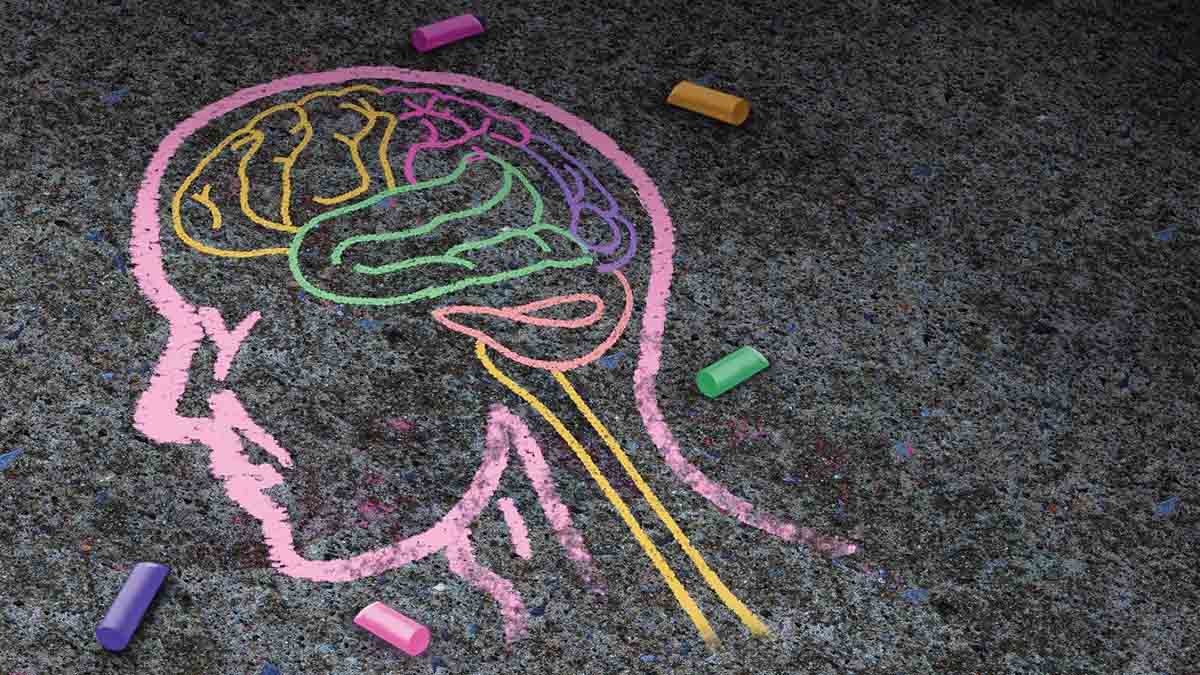 Some things that we know are linked to healthier stress in the long run
Some things that we know are linked to healthier stress in the long run
By Paul Bolger. Chartered Physiotherapist at Nano Physiotherapy, Kilkenny (www.nanophysio.ie).
Last week we looked at “quick fixes” for when stress becomes a little bit too much. But we can’t just rely on emergency options. In the long run we know there are many things that are linked to a healthier relationship with stress.
(I want to emphasise here that I am a physiotherapist, not a psychologist – I’m not a specialist on this topic and am only scratching the surface here. For anybody seeking the best individual advice, working with a registered psychologist is a great place to start.)
In this article I simply want to point out and briefly examine a few factors that lead to a healthier stress balance.
Social Support
We are social beings. Within each of us are biological drives to connect with others. This has been linked to our survival – our ancestors would not have survived for long if they were not part of a group.
It is well understood that social support is one of our most powerful stress relievers. Feeling like we can rely on others when things go against us is good for our health. If you do not feel like you have the support of others, can you think of things that you could do to change this? Usually, these things take some time and effort to change.
Exercise
Being physically active regularly can have similar effects on mood as medication for depression or anxiety (and without the side effects). It is not the “cure”- but it is part of the solution.
For those who are very inactive and don’t know where to start – even a 10-minute daily walk can have potent health benefits. Start there, and then see where that takes you.
Self-Compassion vs Self-Esteem
Us Irish tend to be very self-deprecating – we play down our successes and struggle to accept compliments. While a degree of humility is not a bad thing, we often go overboard with this.
When things don’t go your way, how do you talk to yourself – are you harsh and belittling? Or do you talk to yourself the way you might talk to a respected friend?
Developing self-compassion can be a challenge, but it may be a very worthwhile challenge that impacts you in many ways. www.self-compassion.org is a website full of fantastic information and practices to cultivate self-compassion.
Inequality Drives Stress
While the above examples generally relate to the individual, societal factors play a pivotal role in how stress impacts health. Researchers have shown that inequality negatively impacts stress within a society – being linked to physical and mental health. This is not just the case for income inequality, but also inequality of treatment – where some groups are treated differently to others.
Can we promote equality and fairness in our own day-to-day lives? At a local and national level, who are the people working towards a fairer, healthier and more content society? How might we support them in their cause? Any step in the right direction will have a positive effect on our health as a society.

















